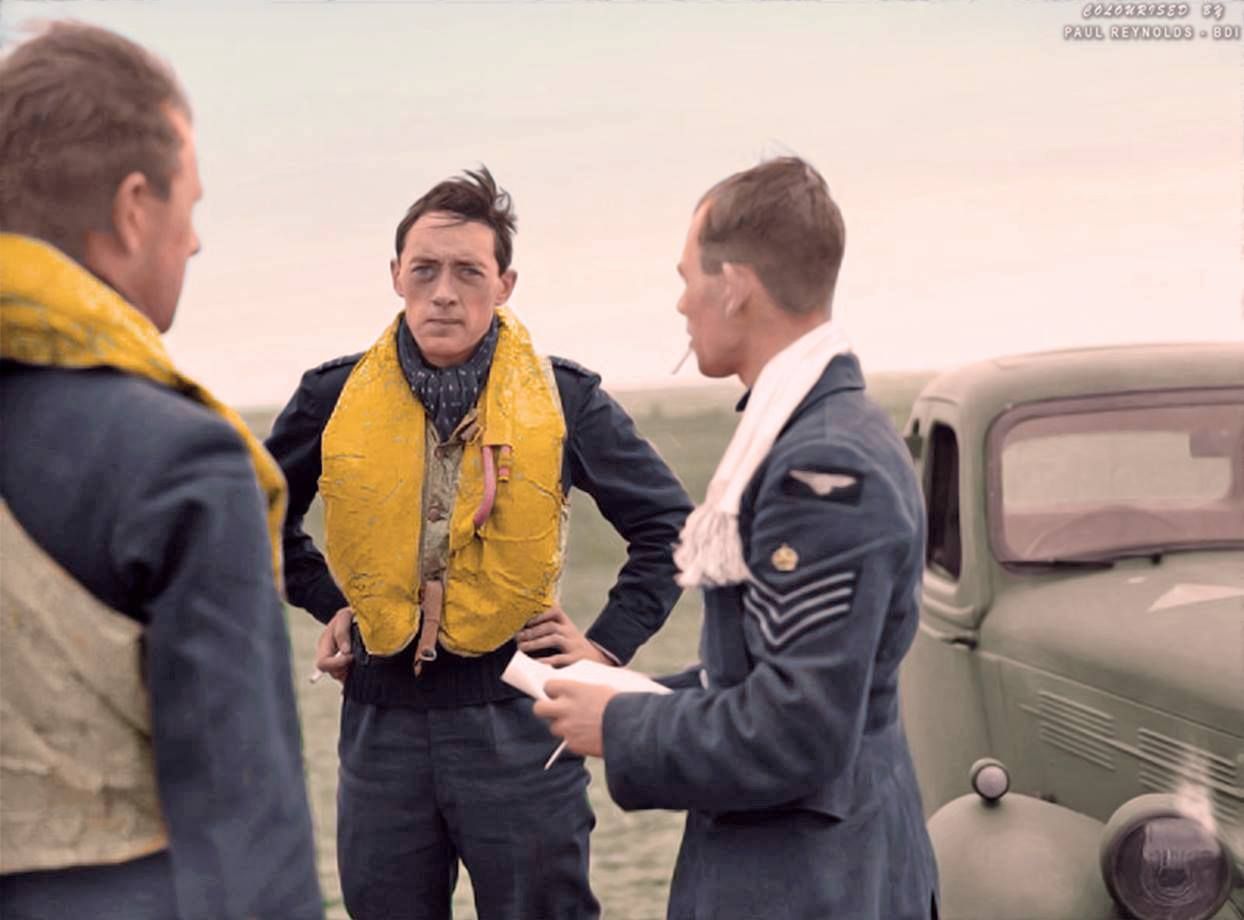The author of a journal which was published as “Spitfire! The Experiences of a Fighter Pilot” was unknown to most of the world. With his silk scarf and tousled hair, Lane was dubbed the “finest of The Few”.
The firsthand account of the British hero’s daily life during the Battle of Britain was released under the pseudonym B.J. Ellan and you can get a copy from Amazon.
But now it is known the Ellan was the nom de plume of Squadron Leader Brian “Sandy” Lane. He was shot down over Holland in December 1942.
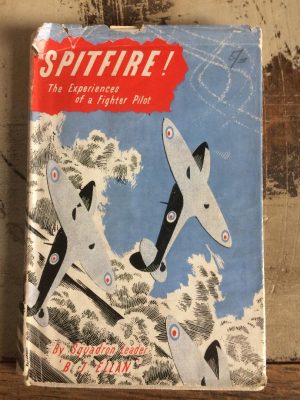
While his name faded into obscurity, his exploits lived on in the publication of his journal. On the 80th anniversary of the beginning of the Battle of Britain, Lane is gaining the recognition he deserves.
Lane turned 23 in June 1940, less than a month before the Battle of Britain would begin. When he had a moment to himself, he recorded all that was happening from the point of view of a pilot in the thick of battle.
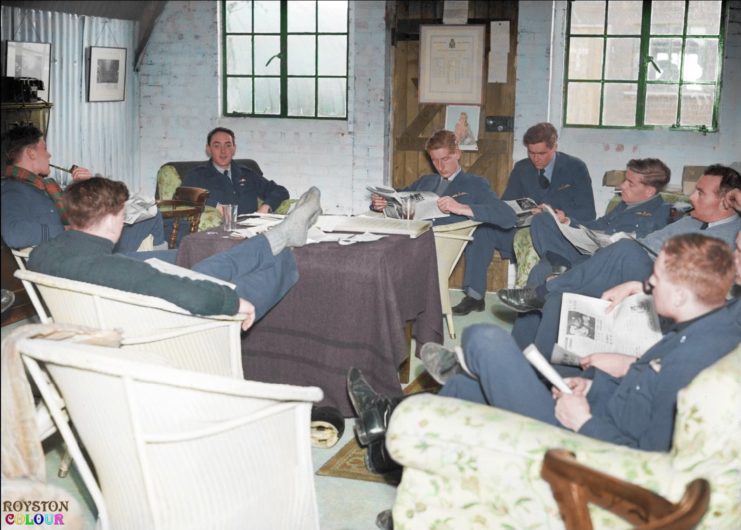
He detailed how the pilots fought for their lives with enemy planes diving out of the clouds or trailing smoke as they burst into flames. He recorded the physical exertion of the battles with the adrenaline pumping and the sweat covering his body as the oxygen mask stuck to his face.
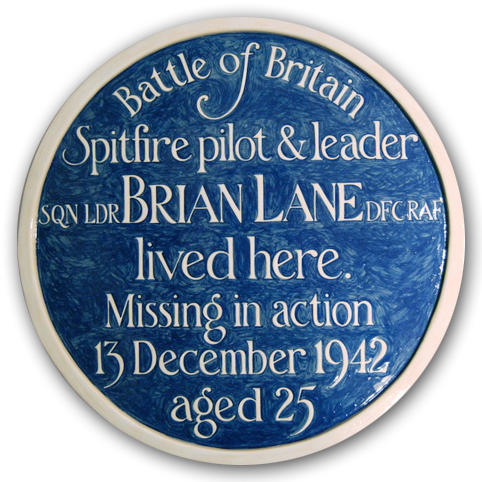
But he also captured the quiet moments during the return flights to base before they would land and swap tales with their fellow pilots.
In one entry, he describes finding a damaged German bomber limping back home. He falls in behind it, prepared to deal the final blow but discovers he has run out of ammunition.
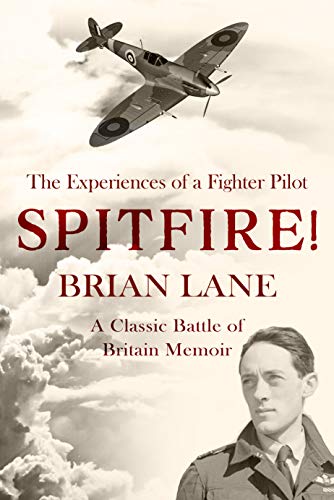
Worried that the Germans will think he is teasing them in a cruel game of cat and mouse, he signals “good luck” to them with a barrel roll and a rocking of his wings before heading home himself.
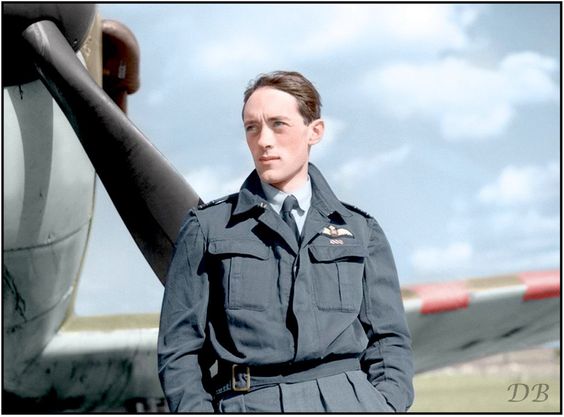
On the way home he is left to ponder why he felt sorry for the enemy. On the one hand he recognizes the threat the pilot of the other planes represents – perhaps tomorrow that same pilot will not hesitate to shoot down Lane.
Yet he also understands that the other pilot is just another man who happens to believe what he has been told by the leaders of his country.
Lane was working as a foreman at a light bulb factory when he signed up for the service in 1936. He rose to the rank of Flying Officer quickly and was responsible for a squadron of Spitfires.
He developed a reputation of being fearless and skilled in the air. During the Dunkirk evacuations he earned the Distinguished Flying Cross for bravery.
His last entry in the book describes the call he had just received to scramble his squadron to meet German fighters spotted over the Channel. His plane was last seen chasing enemy fighter planes on December 13, 1942.
Another Article From Us: Lawrence of Arabia – New Video from Yarnhub
He was never seen again. No crash was reported. His body was never recovered. But his fight was immortalized in print and his legacy lived long after his death.
